Your Honor: Episodes 5-6
by lovepark
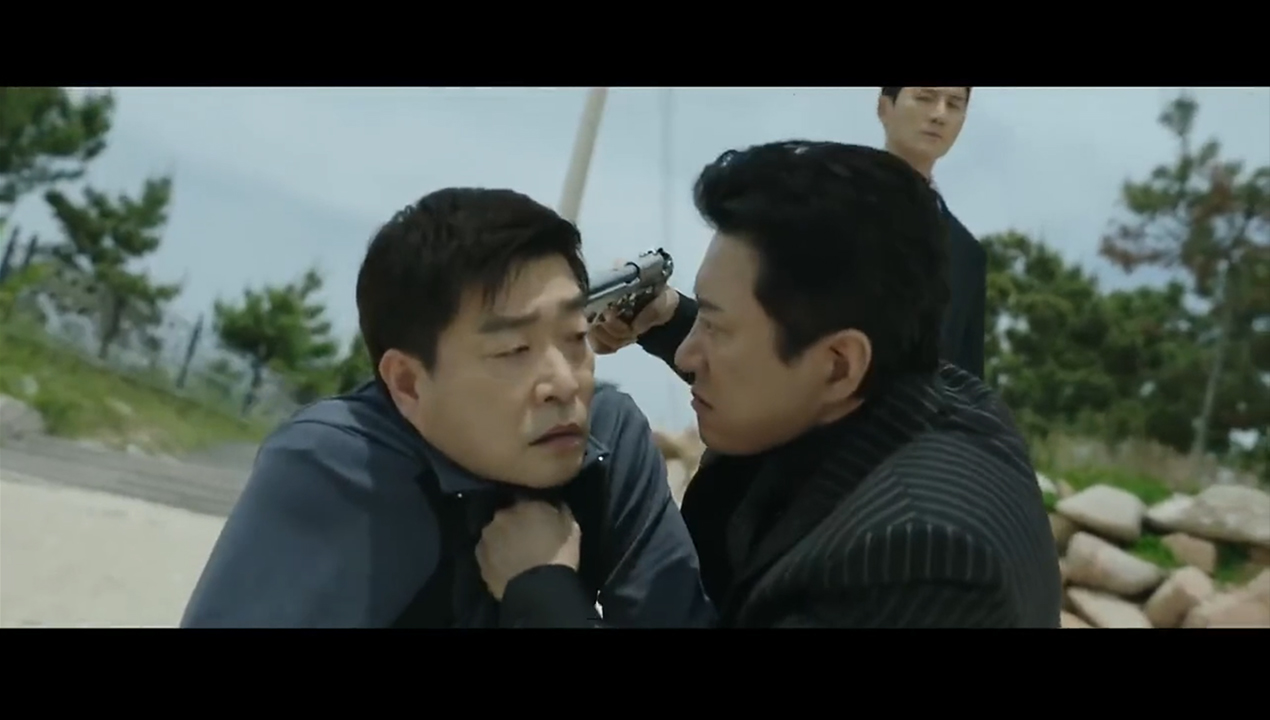
This string of deaths and destruction all started because of one son’s decision to run rather than help, and as the show progresses, our two fathers find themselves caught in a game of revenge and deceit. How far will they go to achieve their goals, but more importantly, what are they willing to sacrifice along the way?
EPISODES 5-6
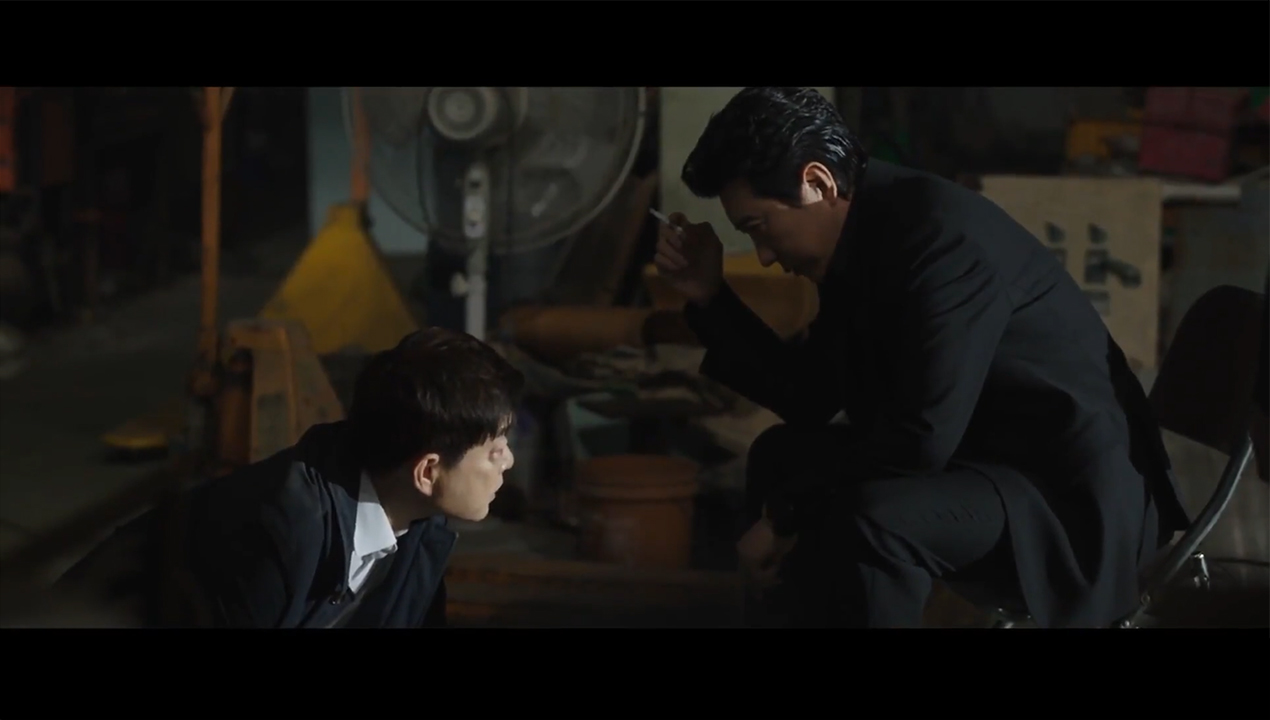
This week starts with a brief flashback from nine years ago that explains the dynamic between Kang-heon and his wayward son Sang-hyuk. After losing his mother, Sang-hyuk yearned for his father’s love, but his misguided attempts to win approval turned him into a monster. Calmly drinking in a room littered with dead bodies, Sang-hyuk explained that they badmouthed his father, and Kang-heon watched him with a grim expression, realizing what had become of his eldest.
To a man like Kang-heon, killing Pan-ho would be easy, and our judge knows this all too well. However, even someone like Kang-heon lacks certain things, and Pan-ho offers to fill it for him. Unlike our notorious gangster, Pan-ho has a pristine reputation that fosters trusts, and while everyone expects Kang-heon to be guilty, no one assumes Pan-ho is, too. Manipulating this gap, Pan-ho guides Kang-heon on how to disrupt the investigation, but this tenuous partnership comes with a heavy price: the death of Detective Jang.
This loss causes Pan-ho to lash out, but his angry roars only magnify his own ineptitude in the face of those above the law. As a result, the parameters of this cat-and-mouse chase shift, and it no longer becomes a fight over the truth but power. Pan-ho already has blood on his hand, and at this point, there is very little room for him to fall — or so I hope.
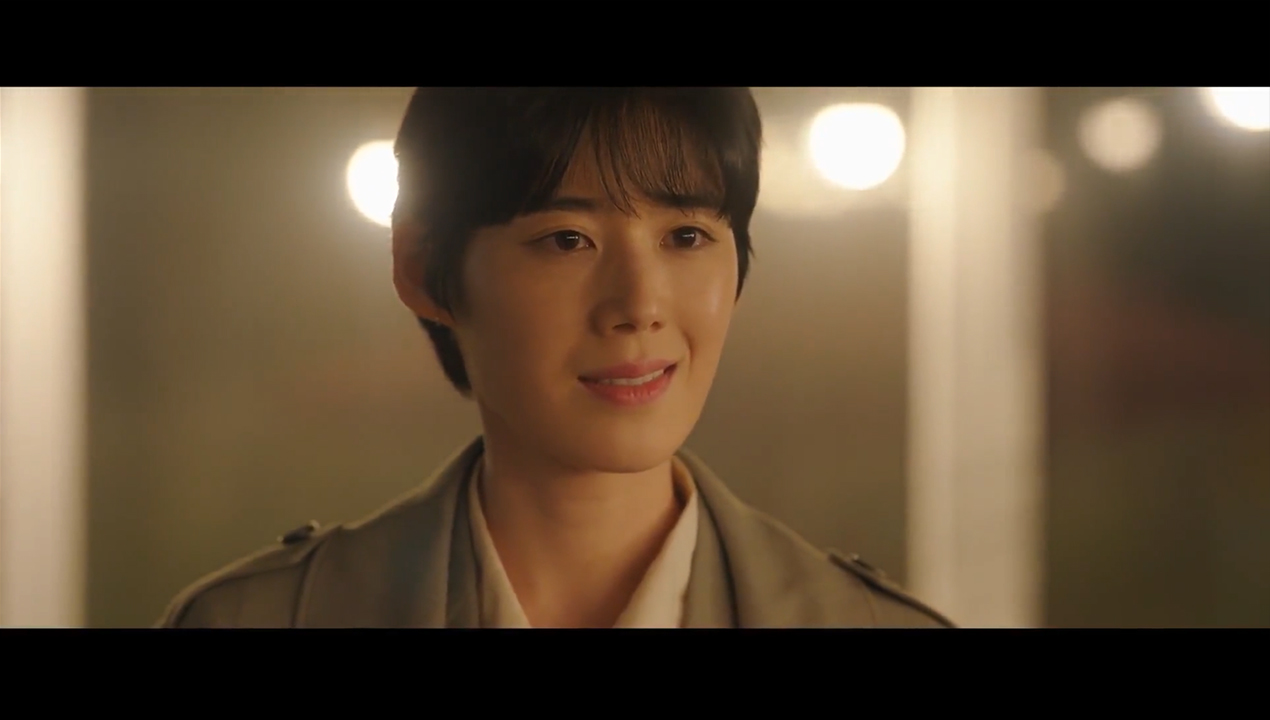
Without Detective Jang present to lead her team, the investigation gets run over by rats until Prosecutor KANG SO-YOUNG (Jung Eun-chae) takes up her mantle. As the one who put Kang-heon behind bars the first time, she plans to do it again, and her first target is Kang-heon’s weakest link, his wife Ji-young. She knows Ji-young ordered the hit on Sang-taek’s family, but the arrest seems more perfunctory, serving as a message to Kang-heon that he is fallible… and it works.
Enraged by his wife’s detainment, Kang-heon confronts Pan-ho when he refuses to let her go, and though our judge defends his actions as part of a larger plan, our gangster sees through his conniving half-truths. In order to challenge Woo One Group, Pan-ho has been gathering his own team, and part of this scheme includes using Prosecutor Kang as well as Assemblyman Jung and Boss Jo. Despite Pan-ho’s attempts to hide his clandestine meetings, nothing remains a secret for long to a man who can waltz into your house like he owns it, and Kang-heon puts together the pieces.
After retrieving his wife from the prosecution’s office, Kang-heon and Ji-young visit their son’s memorial, and as she blames him for taking away her happiness, he accepts her anger in silence and hugs her. Ji-young crumbles in his embrace, but this moment of tenderness turns rancid when Kang-heon asks his wife if killing the family members brought her peace. He warns her to stop complicating things, and the juxtaposition between his actions and words reveal his true nature. This is not a loving husband or father. This is a man who craves control, and everyone else around him are merely objects to fill his world.
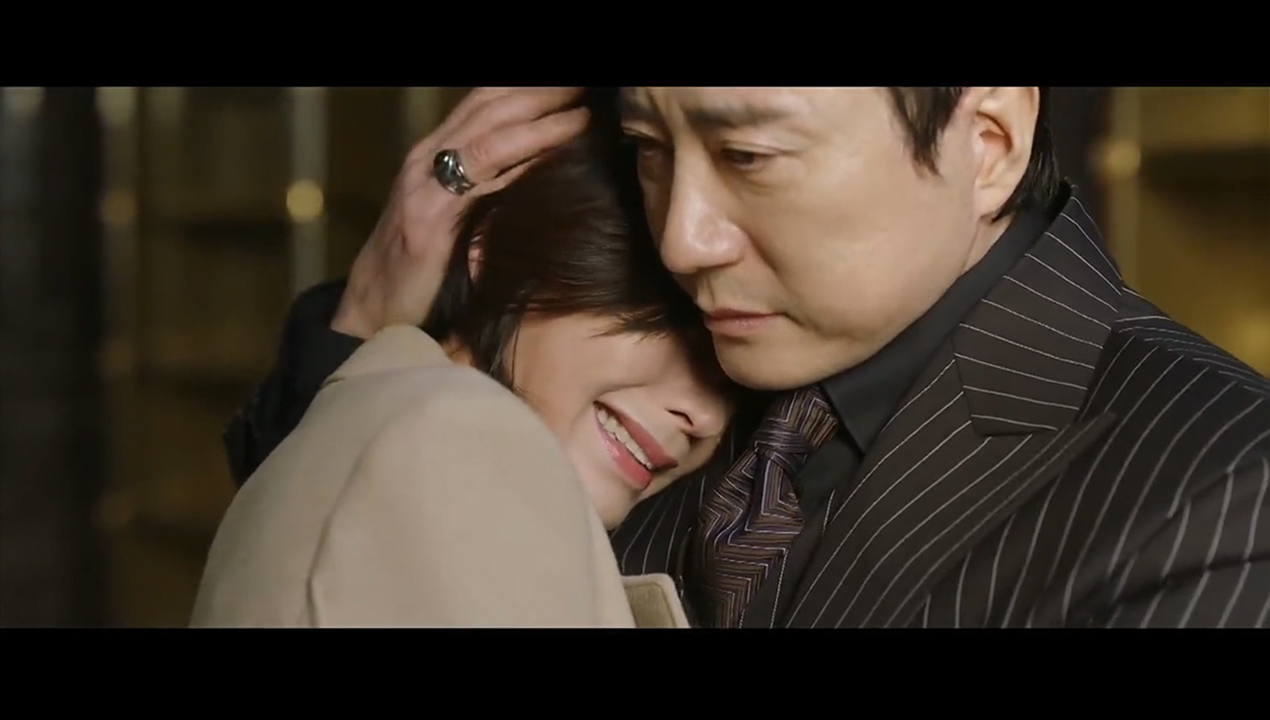
The makeshift alliance Pan-ho has created represents a threat to Kang-heon since our judge hopes to gain the Blue House as a shield. Before that can happen, Kang-heon strikes first, and an all-out turf war explodes between Woo One and Boss Jo’s group. This battle, though, becomes a one-sided massacre, and Boss Jo can only laugh as her empire goes up in flames. Then adding salt to the wounds he inflicted, Kang-heon offers all of the victims free treatment at his hospital, effectively distancing himself from the conflict publicly while demonstrating his authority privately.
As for Assemblyman Jung, he finally gets a taste of Kang-heon’s ferocity, leaving him half-beaten to death, and he wonders to Pan-ho where they went wrong. Confronted with his own failure, Pan-ho rages inside his house, but his fury quiets when he notices a news report of the mechanic he killed. He then receives a video of him pulling the trigger and the invisible noose around his neck tightens just a bit more.
Sohn Hyun-joo is one of those actors who possesses not only a range of emotions but a depth as well. In particular, his ability to convey anger is exquisite because he makes it feel uncontrolled and reactive. His outbursts aren’t one-note, and the subtle differences he infuses between an unbridled confrontation versus a private meltdown illustrate the many facets of rage that not all actors can pull off or even consider during their performances. Of course, Sohn’s brilliant turn as the fallen judge is not only matched but enhanced by Kim Myung-min’s electric portrayal of Kang-heon who becomes the perfect antagonist in this story devoid of heroes. While Kang-heon is a terrible person, there’s something magnetic and dangerous about him that Kim captures so effortlessly.
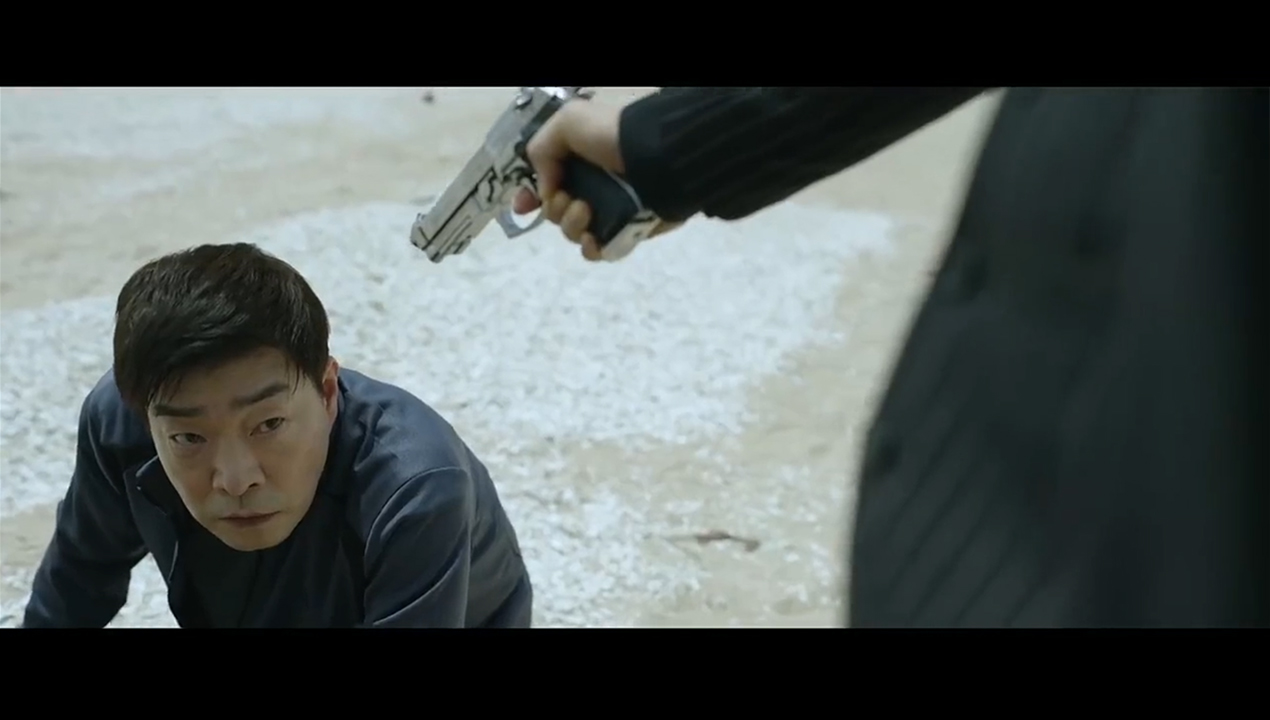
The thing I like most about the show is that all the characters are flawed, especially the protagonists. There is no “good” person because even the ones fighting for justice are blinded by their own biases, and thus, the story moves away from a black-and-white portrayal of moral corruptness and offers a more complicated tale of human failing and selfishness. One scene that stood out to me that captured this theme was the talk between Pan-ho and Detective Jang right after he sold his soul to the devil (aka, Kang-heon). He argues that the law is the truth even when wrongfully enforced, and a part of me wonders if his rigid approach is a consequence of his recent actions to rationalize what he plans to do or if it was the reason for why he was able to fall so easily from grace because, in his eyes, the truth is determined by what the courts uphold. It shows the dangers of unyielding beliefs and how people so easily justify atrocities to themselves.
Though I think the story raises a lot of interesting questions with a nuanced take of the world, there’s a certain depth missing from the show that may be a result of mistranslation. Not in the sense of subtitles, but rather, while adapting one story entrenched within one culture to another, I think something did not click during the move causing an odd sense of hollowness. The show portrays class differences, power struggles, and institutional corruption yet these underlying issues that frame so much of the main conflict feels slightly tangential when they should be permeating every scene. One of the major points of the show is that actions are not isolated — they have consequences — but the world of “Woo One” city feels too detached and fabricated. The excessive violence and overall terror come across as sensational, especially in a place like Korea where things of this nature should be making headlines all across the country, but the lack of commentary on immigration, organized crime, and rampant xenophobia seems like an oversight in an otherwise insightful show. Given the prevalence of immigrants to the plot, particularly illegal aliens, I hope the creators can shed more cultural awareness on these issues beyond gang wars and illicit activities.
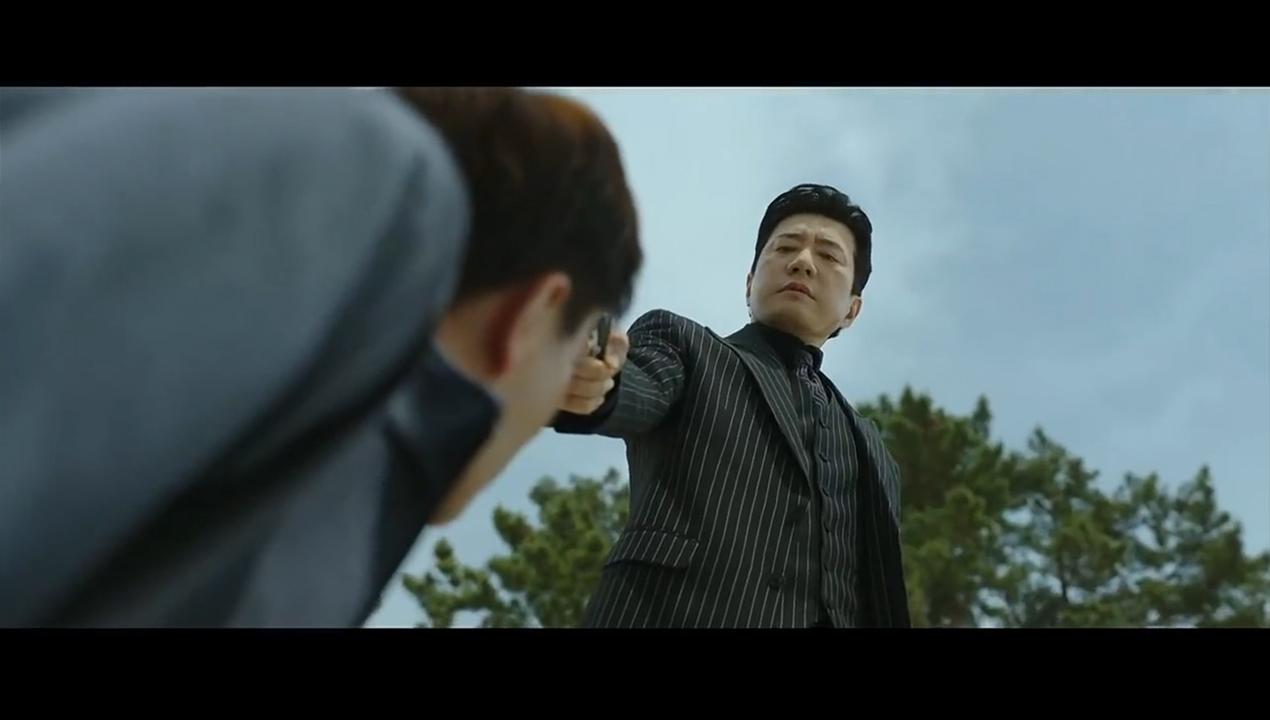
RELATED POSTS
Tags: Heo Nam-joon, Kim Do-hoon, Kim Myung-min, Sohn Hyun-joo, Your Honor (2024)
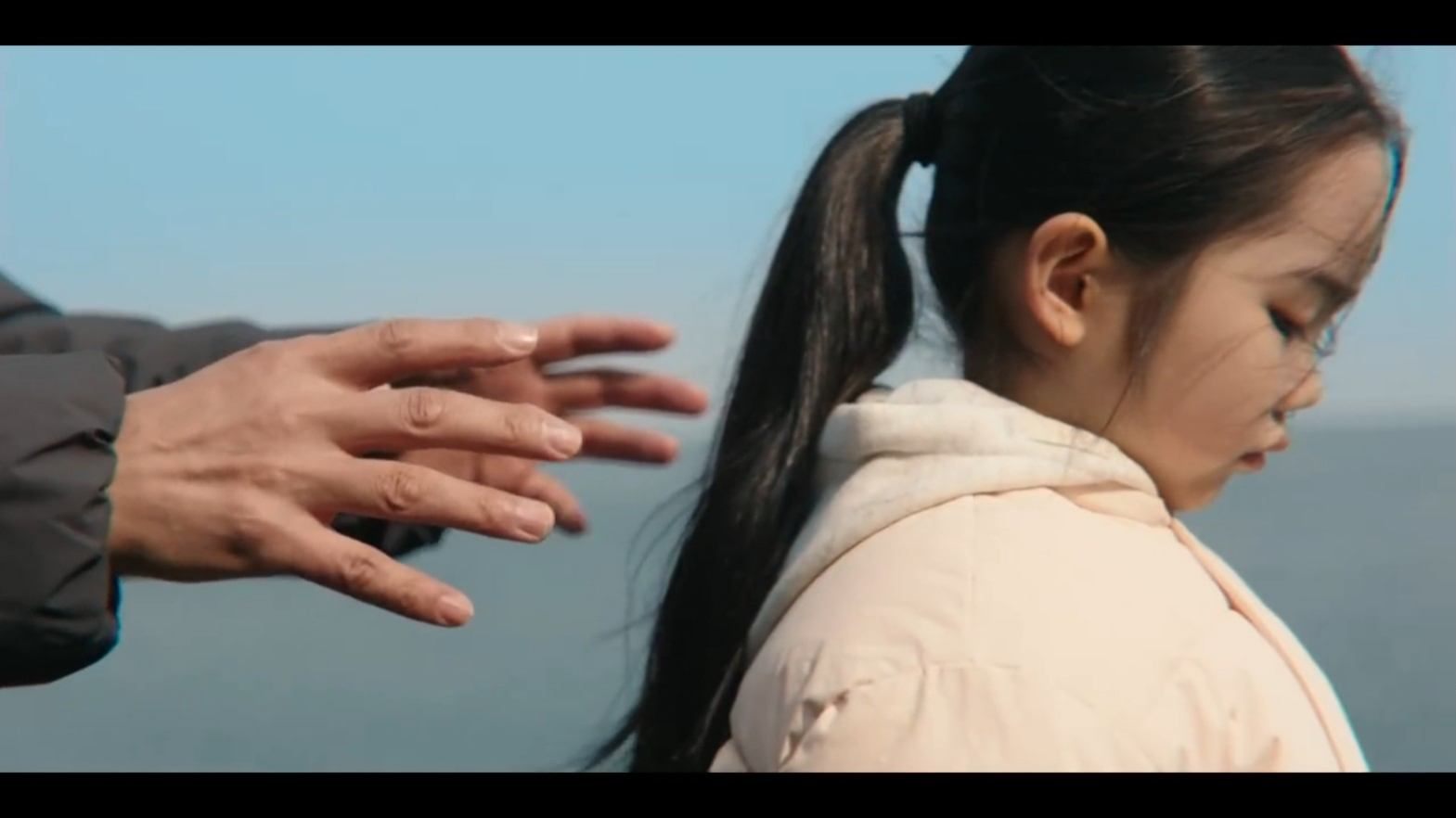
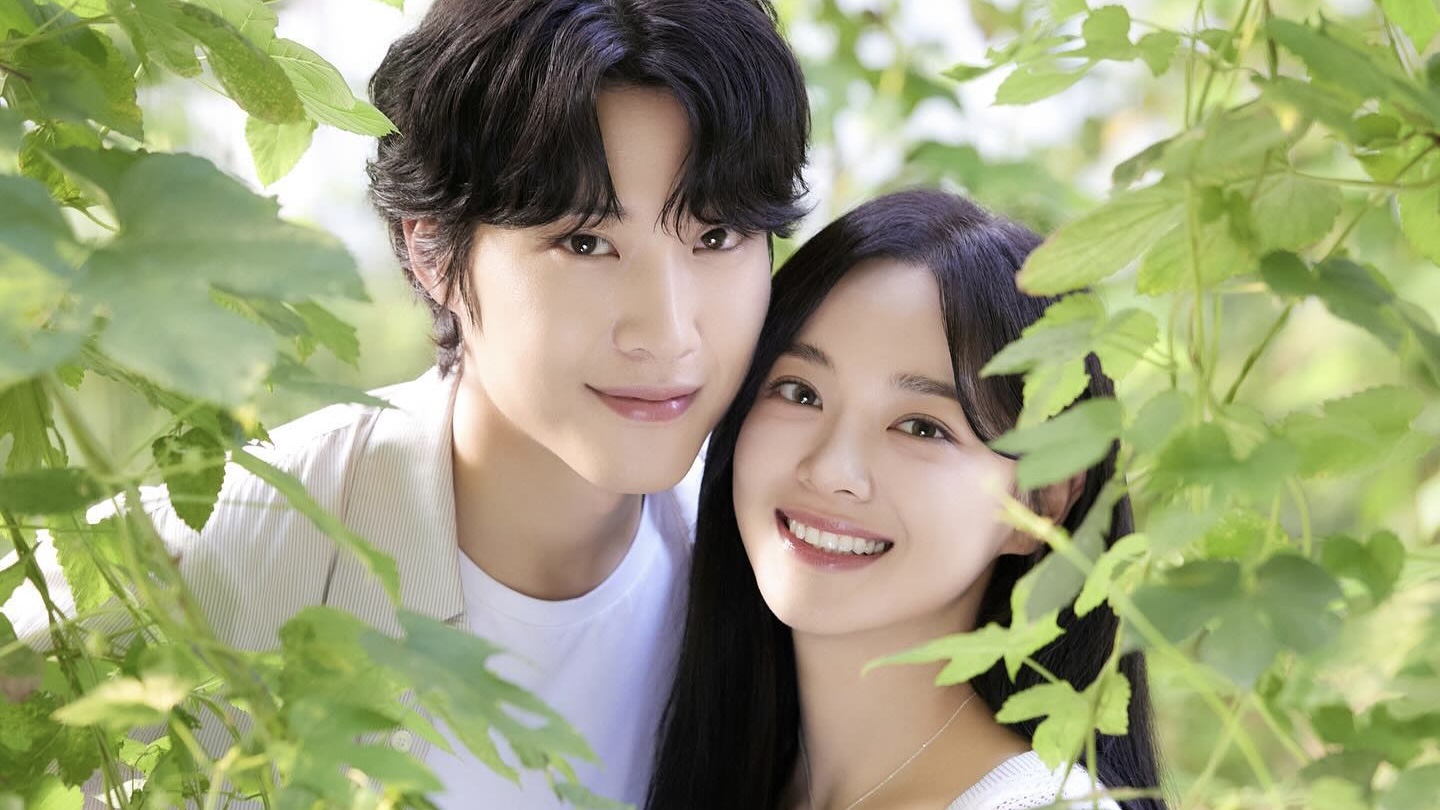
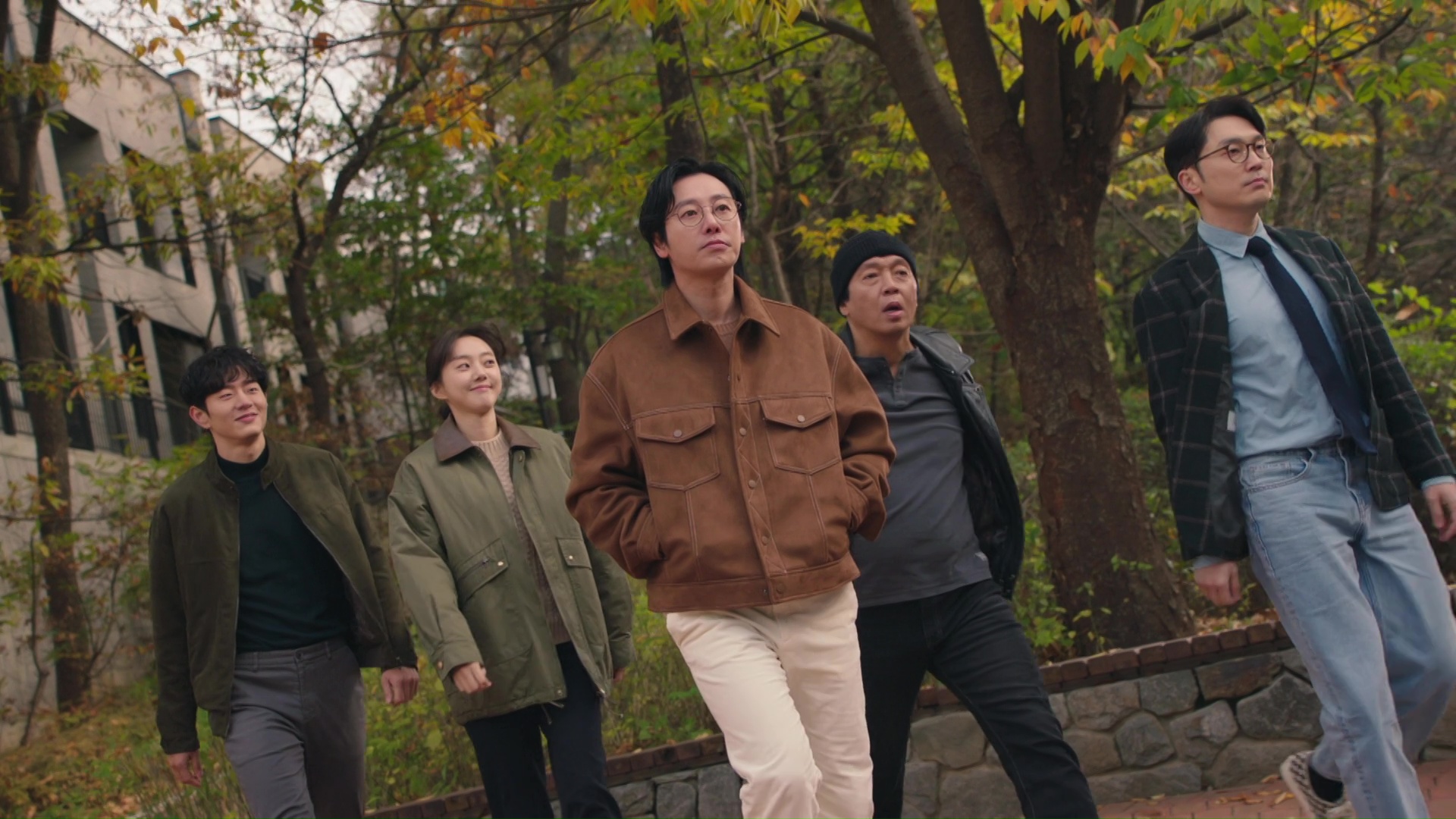
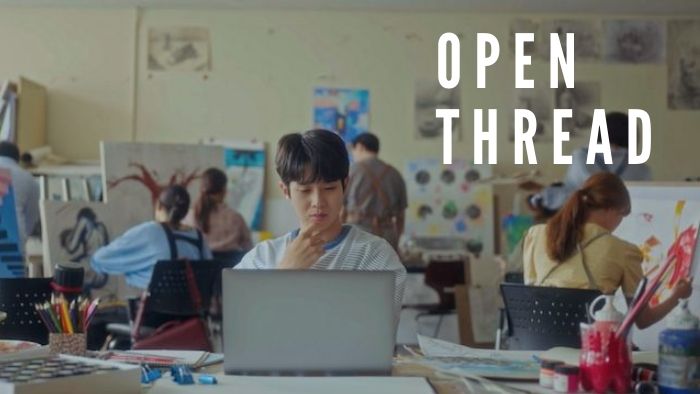
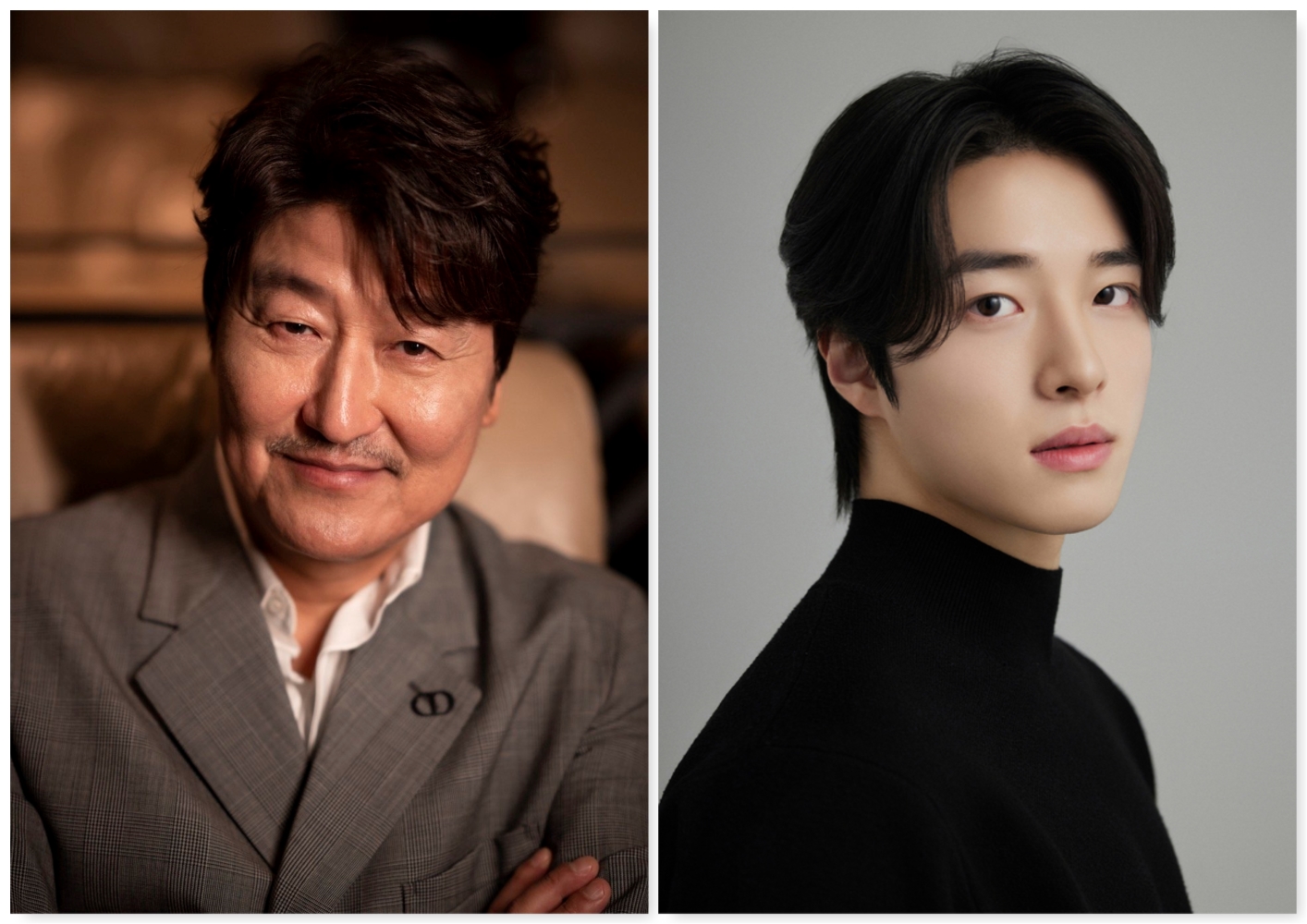
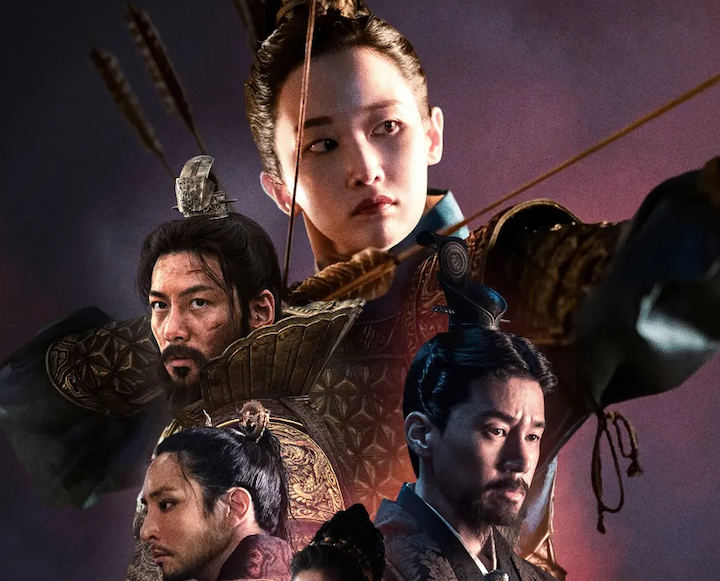
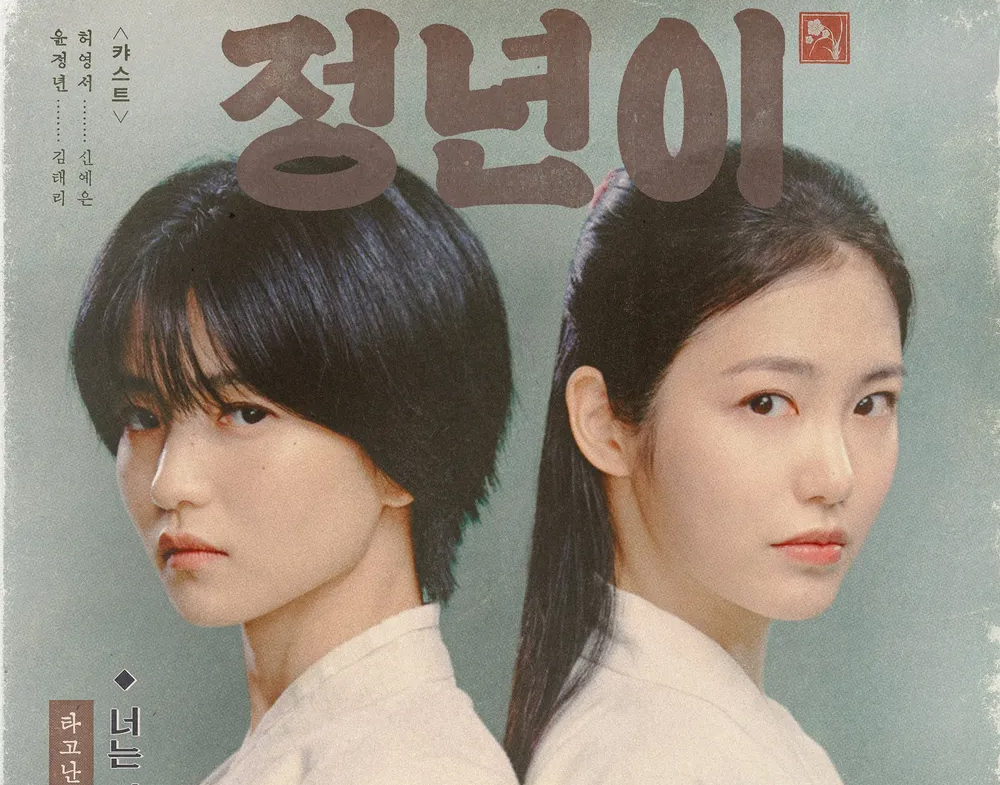
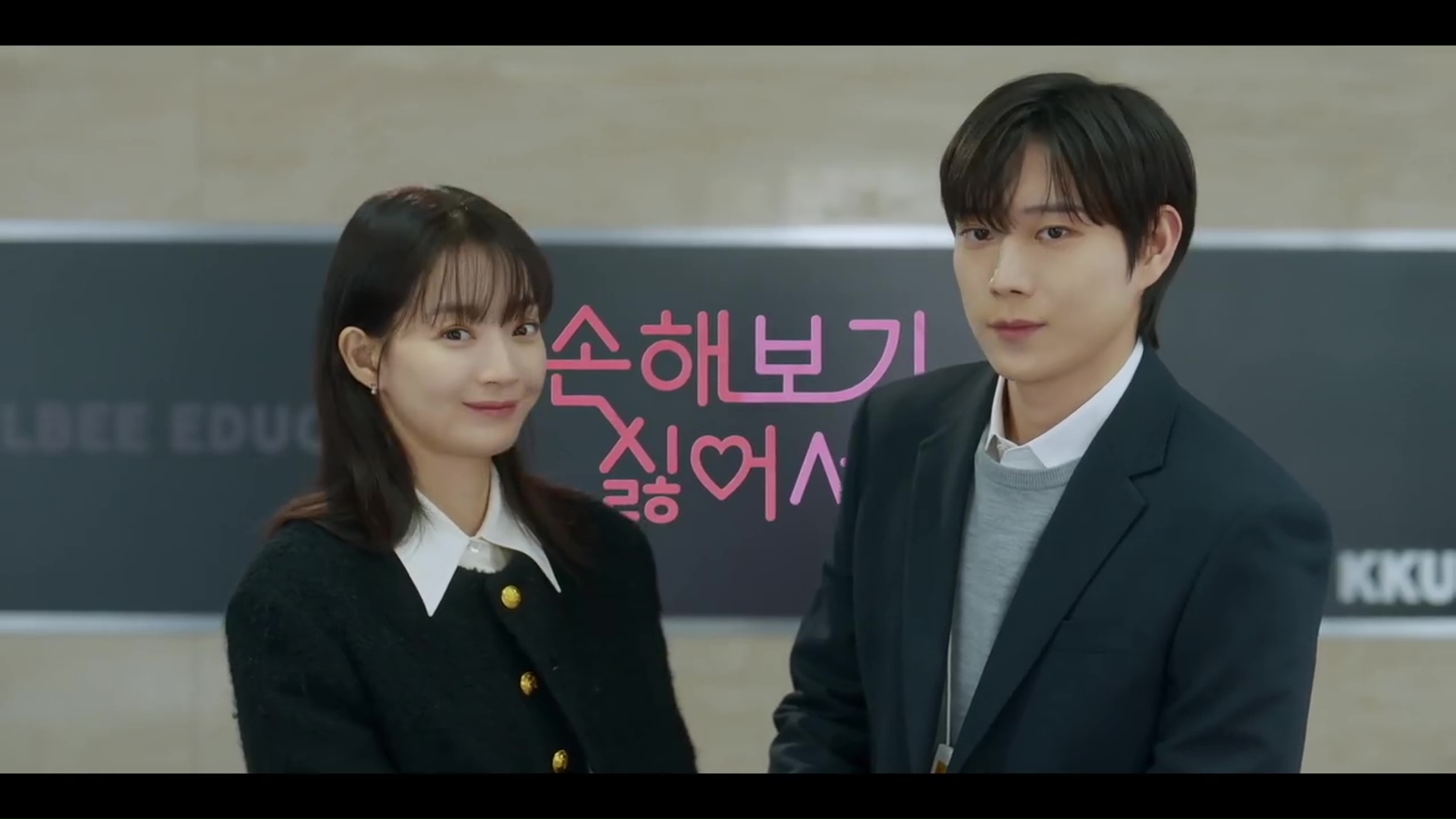
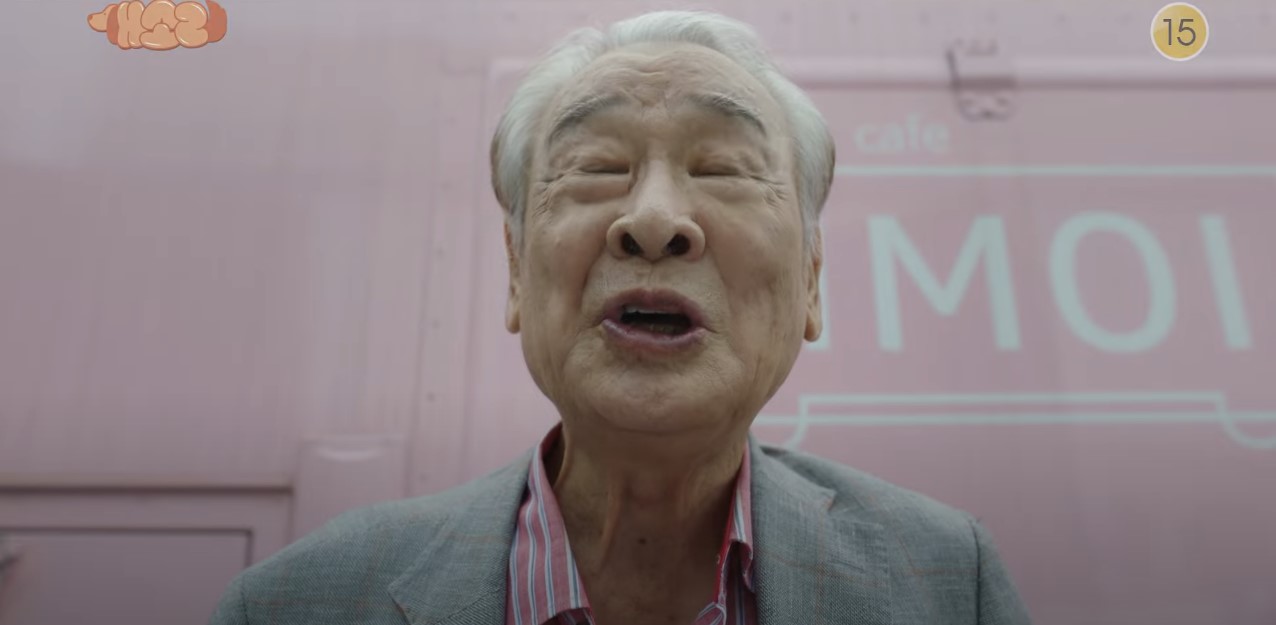
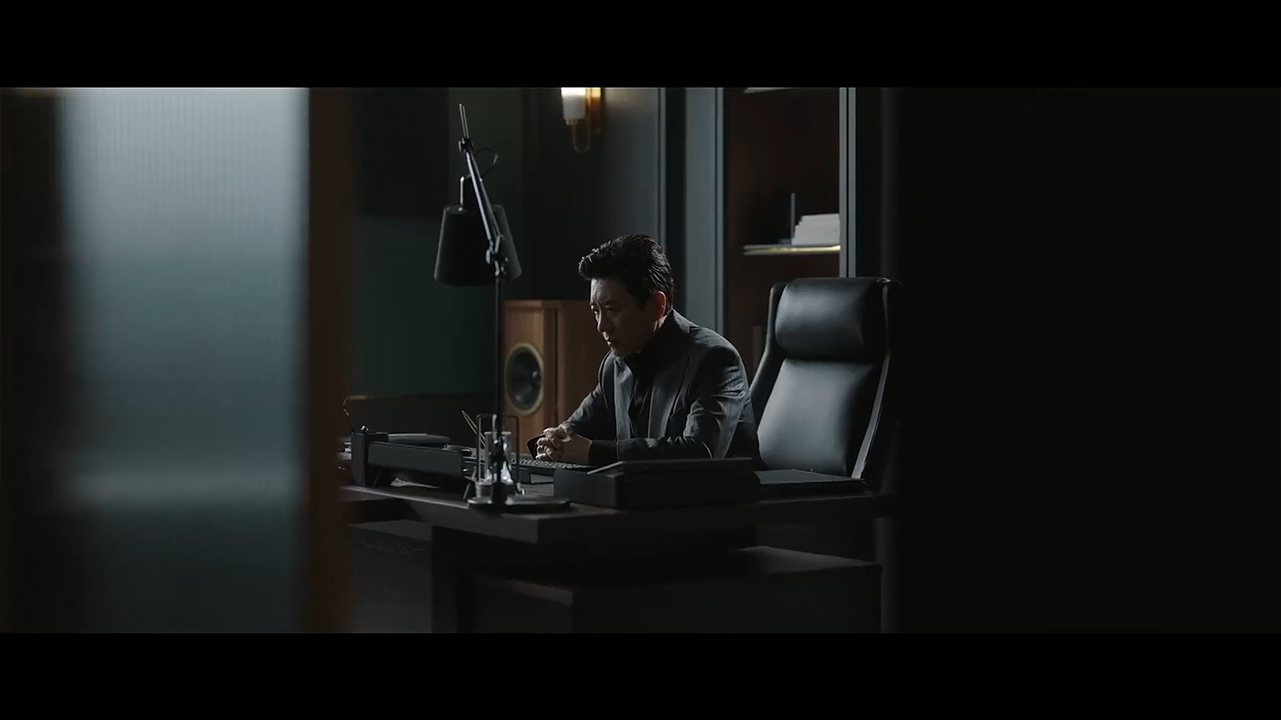
Required fields are marked *
Your email address will not be published. Required fields are marked *
1 miso
August 29, 2024 at 4:56 PM
Thanks for the recap! The staggering amounts of violence this week were a bit much. Plot was also a bit repetitive - Judge tries to scheme, Kang Heon threatens him, Judge continues to scheme...
The conversation between Detective Jang and the Judge was definitely the most interesting. Seemed to confirm that Sang-hyeok killed the Judge's wife and so everyone's guess that Kang Heon's son was killed deliberately might be true too.
Required fields are marked *
2 pohonphee
August 30, 2024 at 10:17 AM
In case of bad parenting tsk tsk tsk
Required fields are marked *